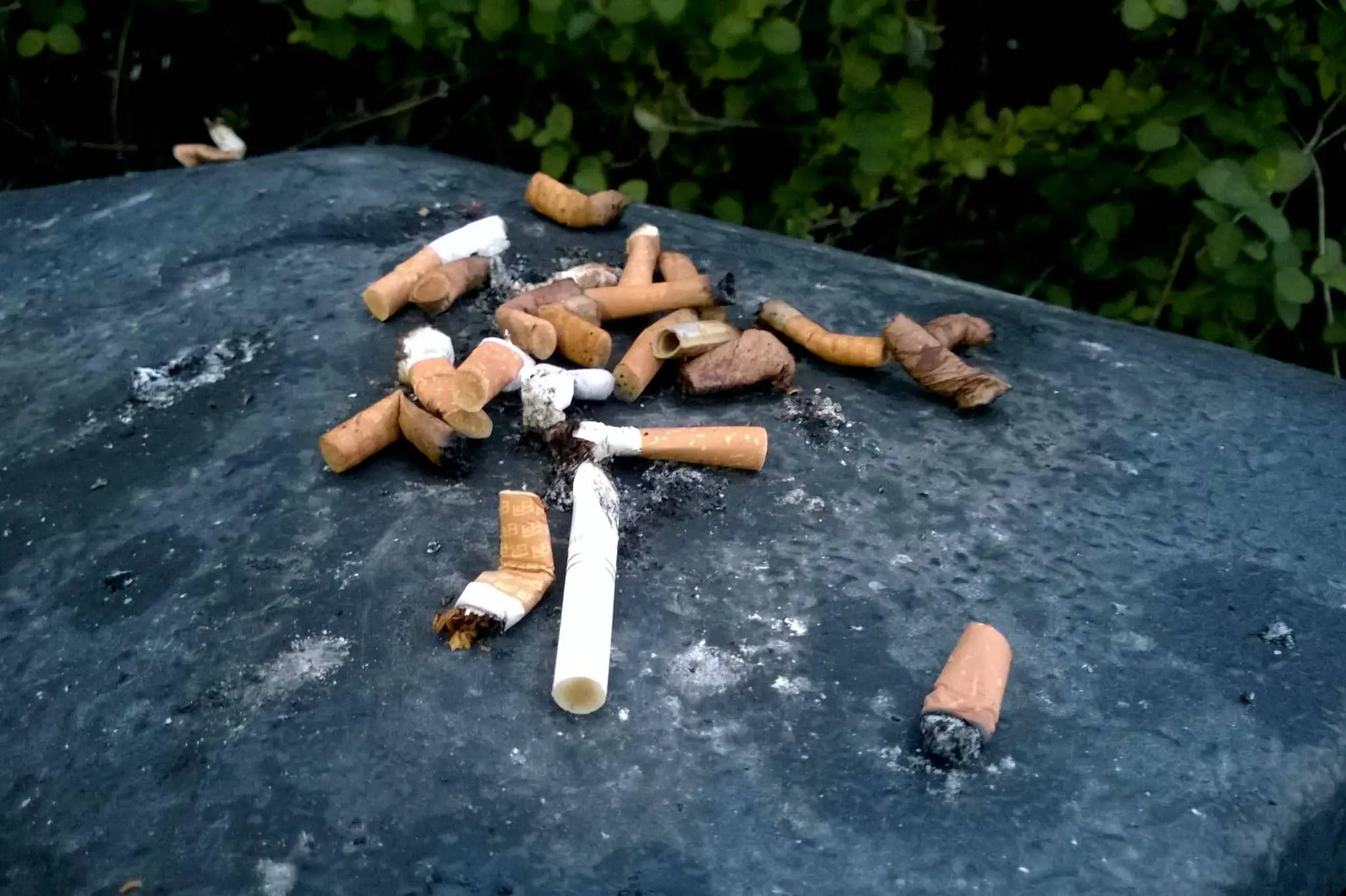The Isle of Wight NHS Trust’s mental health and learning disabilities sites are going completely smoke-free from the beginning of November; these sites will join St Mary’s Hospital’s main site, which is already completely smoke-free.
The mental health and learning disabilities buildings are already smoke-free, however as part of the commitment to improving the health and wellbeing of people who use NHS services, visitors and staff, all the exterior environments will also be going smoke-free. This means that from November, anyone visiting any of the Isle of Wight NHS Trust’s sites will not be permitted to smoke.
Several venues included in smoking ban
The Trust cares for people across the Island with mental health problems and learning disabilities at several venues, including Sevenacres and Chantry House in Newport and Woodlands in Wootton.
People with mental health problems tend to smoke more than other people, start smoking earlier and find quitting challenging. This means they are more vulnerable to the harmful effects of smoking, leading to poorer physical health with chronic cardiovascular and lung disease and can significantly lower life expectancy by up to two decades.
Cramer: Smoking increases feelings of anxiety and tension
Oliver Cramer, Divisional Clinical Director Mental Health and Learning Disabilities said,
“Creating a smoke-free environment at our sites is more important than ever. We are going smoke-free to protect people against the proven health risks of smoking and second hand smoke, including evidence so far that suggests increased mortality rates for those who smoke and contract Covid-19.
“Many people think that smoking helps them relax, but smoking actually increases feelings of anxiety and tension. Studies have shown that stopping smoking can improve people’s mood and help relieve stress, anxiety and depression. It is our duty of care to provide a safe and healthy environment for all people on our sites who are receiving treatment and to provide support for them and staff who want to quit smoking.”
Support to stop smoking
The smoke-free programme will be supported by Smokefree Champions who will undertake ‘quit’ smoking training, including specialist training to help support those people who use our mental health and disabilities services.
They will help people manage their cravings and to stay smokefree while in hospital by offering them nicotine replacement therapies, such as patches, gum or lozenges.
Vaping permitted
People will be allowed to vape and use e-cigarettes from a range of approved brands in designated areas. Vaping is considered to be significantly less harmful than continuing to smoke and is a popular quitting aid.
There will also be support available to those who want to quit smoking for good.
The Trust is asking for the public’s support in keeping the sites smoke-free from November.
Fryer: Don’t bring cigarettes, tobacco products or lighters to wards
Beverley Fryer, Head of Nursing for Mental Health and Learning Disabilities services said:
“If you are visiting someone in one of our hospitals, please help us by not bringing any cigarettes, tobacco products or lighters to the wards.
“People receiving treatment from the Trust at home or in the community setting will be expected to provide a smoke-free environment for staff visiting them.
“The Trust has encouraged staff during the month of #Stoptober to access support to quit smoking at a series of drop-in sessions to enable them to sign up to a quit smoking programme. Smoking tobacco damages the lungs, weakens the immune system and causes a range of severe respiratory problems.
“Quitting smoking quickly improves circulation and breathing, helps to reduce the risk of other health conditions such a heart attacks and strokes and developing severe complications of coronavirus, at a time when the NHS is coming under strain from the pandemic.”
- Once someone is smokefree, there are health benefits straight away, with the body continuing to repair the longer you stay smokefree. The immediate benefits include:
- After 20 minutes your blood pressure and heart rate return to normal
- After 48 hours carbon monoxide is eliminated from the body. Your lungs are clearing out mucus and your sense of taste and smell are improving. After 72 hours breathing becomes easier, boosting your energy levels, so bronchial tubes begin to relax
- After 2 weeks to three months, lung function and blood circulation starts to improve, making physical activity like walking and running easier
- After 3 to 9 months any coughs, wheezing or breathing problems will be improving as your lung function increases.
Local Support: Isle of Wight Stop Smoking Service
Did you know you are four times more likely to quit smoking successfully with expert support?
Self-referrals for stop smoking support can be made by emailing iwwellbeingservice@iow.gov.uk or calling 01983 823670.
You will be asked to leave your name and contact details (this can be your phone number or email address) and for the best time to contact you. Please leave a message and the Isle of Wight Wellbeing Service will get back to you within 5 working days to discuss how we can help you.
National Support: Better Health
Visit the Quit smoking Website this October for help to quit smoking.
News shared by Isle of Wight NHS Trust. Ed
Image: comedynose under CC BY 2.0





